Choosing the right leaf vacuum mulcher can help you clean your yard faster and easier. You may have some problems when picking a leaf vacuum, like:
You may need to empty the collection bag a lot if your yard has many leaves.
It can be hard to vacuum wet or stuck-together leaves because the suction might not work well.
Using a heavy or big leaf vacuum mulcher can make you tired.
You need to think about suction power, mulch ratio, and noise level for what you need.
Think about what is most important for your yard to find a leaf vacuum that works for you.
Key Takeaways
Leaf vacuum mulchers help you save time and energy. They shred leaves into mulch. This mulch is good for your garden. It also cuts down on waste.
Pick the best type and power source for your yard. Think about your yard size and what kind of debris you have. Choose what feels comfortable for you. This helps you work better.
Check for important features like strong suction power. A high mulch ratio is helpful. A big bag can hold more leaves. These things make yard work easier.
Think about how heavy and loud the machine is. A lighter machine is easier to use. A quiet one keeps your neighborhood calm.
Always follow safety rules. Take care of your leaf vacuum mulcher often. This helps it work well and last longer.
What Is a Leaf Vacuum Mulcher
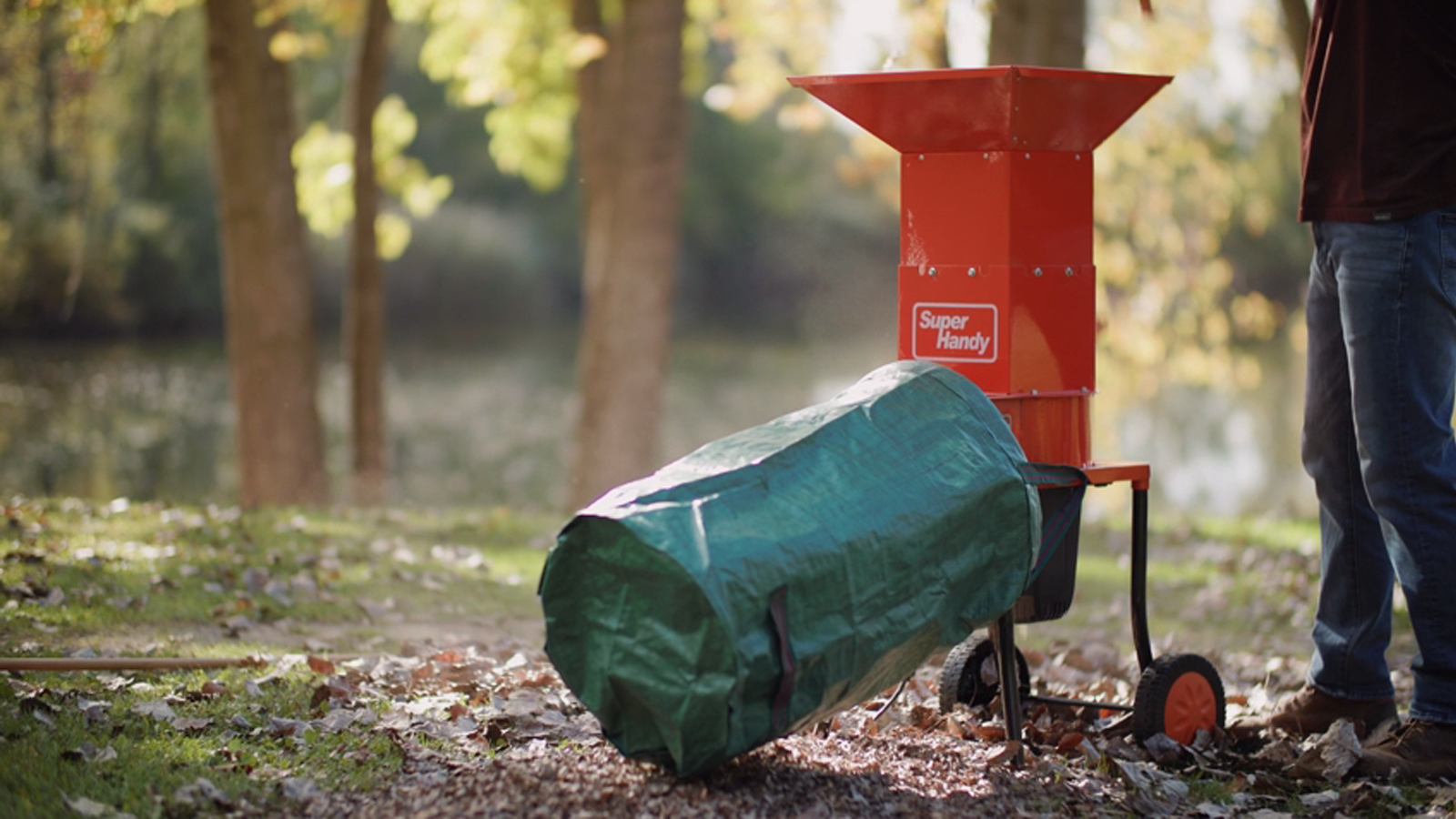
A leaf vacuum mulcher is a garden tool that helps you keep your yard clean. It works much like a regular vacuum cleaner, but it is made for outdoor use. You use it to pick up leaves and other garden debris. The machine pulls in the leaves, then special blades inside slice or shred them into small pieces. This process turns the leaves into mulch, which you can use in your garden to help the soil.
How It Works
You start by attaching a collection bag to the leaf vacuum. When you turn it on, the machine sucks up leaves and debris through a wide tube. Inside, metal blades or strong plastic strings shred the leaves into tiny pieces. The shredded leaves fall into the collection bag. You can then empty the bag and spread the mulch around your plants. This mulch helps keep the soil moist, stops weeds from growing, and adds nutrients to your garden. Many leaf vacuums let you switch between blowing, vacuuming, and mulching with a simple knob or switch. Always remember to turn off the machine before removing the bag and never put your hands near the moving parts.
Tip: Regularly clean the collection bag and the intake area to keep your leaf vacuum working well.
Main Benefits
You save time and effort compared to raking leaves by hand.
The leaf vacuum mulcher shreds leaves, so you can fit more in each bag and speed up decomposition.
You can use the shredded leaves as mulch, which is good for your garden and helps the environment.
The tool handles different types of garden debris, not just leaves.
Leaf collection becomes easier, even when leaves are wet or the wind is strong.
You avoid back and arm strain that often comes with raking.
The machine combines several functions, making yard work faster and more efficient.
Using a leaf vacuum mulcher makes leaf collection simple and helps you keep your yard healthy.
Leaf Vacuum Types
When you choose a leaf vacuum, you will see many types. Each type works best for different yards and needs. Here is a quick look at the main types:
Type of Leaf Vacuum Mulcher |
Description |
Power Source Variants |
Example Products |
|---|---|---|---|
Handheld |
Portable vacuum-style mulcher carried around the yard to suck up leaves. |
Gas, Corded Electric, Cordless (Battery) |
Greenworks 40V Cordless Brushless Leaf Blower/Vacuum, Husqvarna 125BVx Gas Leaf Blower |
Walk-Behind |
Large machine you push or drive, good for big yards and heavy leaf collection. |
Gas |
DR Leaf and Lawn Vacuum |
Backpack |
Worn on your back, gives you more power and comfort for longer jobs. |
Gas |
Stihl Backpack Leaf Vacuum |
Cordless, Electric, Gas |
Refers to the power source for all types above. |
Cordless (Battery), Corded Electric, Gas |
WORX WG509, Greenworks 40V, Stihl models |
Handheld
Handheld leaf vacuums are light and easy to use. You carry them as you walk around your yard. These tools often combine a leaf blower and a vacuum in one. You can switch between blowing and vacuuming with a simple button. Handheld models work well for small to medium yards. They help you with quick leaf collection and are easy to store. Most handheld leaf vacuums shred leaves into mulch, so you use fewer bags. Some models, like the Greenworks 40V, run on batteries, while others use gas or plug into an outlet. You may notice some dust and noise, so wearing a mask and ear protection helps.
Tip: Handheld leaf vacuums save time and effort, but they can be noisy and may create dust.
Walk-Behind
Walk-behind leaf vacuums look like small lawn mowers. You push or drive them over your yard. These machines have strong engines and large bags for leaf collection. Walk-behind models work best for big yards with lots of leaves. Many can also chip small branches. Features like self-propelled wheels and easy steering make them simple to use. Some models let you adjust the intake height for different surfaces. Walk-behind leaf vacuums are heavy, but they pick up a lot of leaves in one pass. You may need extra space to store them.
Backpack
Backpack leaf vacuums give you more power and comfort. You wear the machine on your back, so the weight spreads across your shoulders. This design helps you work longer without getting tired. Backpack models often use gas engines and have large bags for leaf collection. You can switch between leaf blower and vacuum modes quickly. These tools work well for medium to large yards. Many users like the comfort and the large bag, which means you empty it less often.
The backpack design reduces fatigue.
Large bags hold more mulch.
You can use them for long periods.
Cordless, Electric, Gas
The power source changes how your leaf vacuum works. Here is a quick guide:
Feature |
Gas-Powered |
Corded Electric |
Cordless (Battery) |
|---|---|---|---|
Power Output |
Highest |
Steady |
Good for small jobs |
Weight |
Heaviest |
Medium |
Lightest |
Run Time |
Long |
Unlimited (with cord) |
Limited by battery |
Noise & Emissions |
Loud, has fumes |
Quieter, no fumes |
Quietest, no fumes |
Maintenance |
Needs upkeep |
Low |
Low |
Portability |
Less portable |
Limited by cord |
Most portable |
Gas-powered leaf blowers and vacuums work best for large yards and heavy leaf collection. Corded electric models are quieter and need less care, but the cord limits your reach. Cordless models are easy to carry and store, but the battery may run out during big jobs. Choose the power source that fits your yard and how long you want to work.
Leaf Vacuum Mulcher Features
Suction Power
Suction power shows how well a leaf vacuum picks up leaves. It is measured in cubic feet per minute (CFM). A higher CFM means the machine moves more air. This helps you collect more leaves faster. Most home leaf vacuums have between 340 and 600 CFM. You can see how different models compare in the table below:
Model |
Type |
Power Source |
Suction Power (CFM) |
|---|---|---|---|
Stihl SH 56 C-E |
Handheld |
Gas |
412 |
Worx Trivac |
Backpack |
Corded |
600 |
Toro (vacuum mode) |
Backpack |
Corded |
405 |
If your yard is big or has wet leaves, pick a higher suction power. For small yards, a lower CFM is usually fine.
Tip: Wet leaves need more suction power. Dry leaves are easier for most machines.
Mulch Ratio
The mulch ratio tells you how much the leaf vacuum mulcher shrinks the pile of leaves. For example, a 16:1 mulch ratio means sixteen bags of leaves become one bag of mulch. This helps you save time because you empty the bag less often. The LawnMaster 3-in-1 Electric Blower/Vacuum/Mulcher has a 16:1 ratio, so its 14-gallon bag holds more shredded leaves. The Worx Leaf Vacuum has an 18:1 mulch ratio, so it packs leaves even tighter. You get less waste and more mulch for your garden.
A high mulch ratio makes your job easier. You spend less time emptying bags and more time cleaning your yard. Some models make mulch very fine, which can sometimes clog the bag, but you still work faster.
Bag Capacity
Bag capacity tells you how many leaves the bag can hold before you need to empty it. A bigger bag means you make fewer trips to the compost or trash. Most home leaf vacuums have bags that hold from 8 gallons to 50 pounds of leaves. Here is a quick comparison:
Product |
Bag Capacity |
|---|---|
Worx Leaf Vacuum |
Up to 8 gallons of mulched leaves |
DR Leaf Vacuum |
Up to 50 pounds of leaves |
If you have a big yard or lots of trees, choose a leaf vacuum with a bigger bag. For small yards, a smaller bag is easier to carry and empty.
Weight & Comfort
The weight of your leaf blower or vacuum affects how long you can use it before getting tired. Lighter models are easier to hold and move. Heavy machines can make you tired, especially if you use them for a long time. Some models have shoulder straps to help spread the weight and make it easier.
Model / Type |
Weight (lbs) |
Impact on User Fatigue / Maneuverability |
|---|---|---|
Worx WG509 Trivac |
< 10 |
Comfortable to hold for longer periods; reduces user fatigue |
Ryobi 40V Vac Attack |
~13 |
Challenging to maneuver; causes fatigue after prolonged use |
Greenworks 40V Cordless Brushless |
~17 |
More difficult to handle; contributes to user fatigue |
Stihl SH 56 C-E (with shoulder strap) |
~12 |
Shoulder strap helps distribute weight, reducing operator fatigue |
Billy Goat Lawn Vacuum (walk-behind) |
> 100 |
Heavy but self-propelled; designed for large yards to reduce physical strain |
The Troy-Bilt Gas Powered Chipper Shredder Vacuum is heavy and hard to lift, which makes you tired faster.
The Stihl SH 56 C-E handheld blower/vacuum weighs just over 12 pounds and uses a shoulder strap to help you work longer.
Note: Always check the weight before you buy. Try to pick up the machine in the store if you can.
Noise Level
Noise level is important, especially if you live in a quiet area. Most handheld leaf blowers and vacuums make about 92 decibels of noise. Gas-powered models like the Stihl SH 56 C-E make around 70 decibels, which is still loud. Corded electric models like the Worx Trivac are quieter, usually between 60 and 63 decibels.
Handheld leaf mulchers: about 92 dBA
Gas-powered models: around 70 dBA
Corded electric models: 60–63 dBA
If you want a quieter yard, pick an electric leaf blower or vacuum. Always wear ear protection when using loud machines.
Safety Features
Modern leaf vacuums and blowers have many safety features to keep you safe. Some important features are:
Instant stop mechanism: Stops the motor right away when you let go of the trigger.
Lightweight design: Makes the tool easier to use and less tiring.
Cordless operation: Removes the risk of tripping over cords.
Dust reduction systems: Keep dust and allergens out of the air.
Cord management systems: Help keep cords neat and prevent tripping.
Tip: Always read the manual and follow safety instructions before using your leaf vacuum or leaf blower.
Maintenance
Taking care of your leaf vacuum mulcher helps it last longer. Here are some easy steps:
Check the air intake often to stop clogs.
Use the right fuel mix and check for leaks if you have a gas model.
Inspect and recharge batteries for battery-powered models.
Clean the nozzle and outside after each use.
Store your leaf blower or vacuum in a dry place to stop rust.
Check and tighten screws, nuts, and bolts to keep the machine strong.
Clean the cooling fan to stop the engine from getting too hot.
For battery models, use the right charger and keep the terminals clean.
For gas models, clean the choke shutter and check the fuel system for leaks.
Clean the carburetor to stop fuel problems.
Wear protective gear and be careful with fuel during maintenance.
Store the machine with an empty fuel tank or use a stabilizer, and keep batteries charged.
Note: Regular care helps your leaf vacuum last longer and work better.
Leaf Vacuum Buying Guide
Choosing the right tool for your yard can feel confusing. This leaf vacuum buying guide will help you match the best leaf vacuum or leaf blower to your yard size, the type of yard debris you have, and your budget. Use the checklist below to get started.
Choosing by Yard
Your yard size plays a big role in picking the right leaf vacuum or leaf blower. You want a tool that fits your space and makes cleaning up fallen leaves easy. Here is a table to help you decide:
Yard Size |
Recommended Leaf Vacuum Type |
Key Features and Considerations |
|---|---|---|
Small yards |
Handheld or small electric (corded or cordless) |
Lightweight; easy to store; electric models are quiet and simple to maintain; cords may limit movement. |
Medium yards |
Backpack leaf vacuums |
Good balance of power and comfort; larger bags; may not suit those with back pain. |
Large yards |
Gas-powered, self-propelled, or walk-behind models |
High power; large bag capacity; best for big jobs; gas models run longer but make more noise. |
Very large lawns |
Riding leaf vacuums that double as lawnmowers |
Best for huge properties; combines mowing and vacuuming; handles heavy leaf piles and yard debris. |
Tip: Think about your physical strength and the terrain. If your yard has hills or uneven ground, a self-propelled or backpack model can help you work longer without getting tired.
Choosing by Debris
Not all leaf vacuums or leaf blowers handle the same types of yard debris. Some work best for dry leaves, while others can pick up wet leaves, twigs, or even small branches. Use this table to see which type fits your needs:
Types of Debris Handled Effectively |
Notes/Limitations |
|
|---|---|---|
Electric Leaf Mulcher |
Dry leaves, small twigs |
Avoid wet leaves to prevent clogging; quiet; low maintenance; good for small/medium yards. |
Gas-Powered Leaf Mulcher |
Wet leaves, thick branches, large amounts of leaves |
Handles heavy-duty jobs; noisy; emits fumes; may not be allowed in some areas. |
Handheld Leaf Mulcher |
Dry leaves, twigs, small branches (metal blades); dry leaves, pine needles (plastic strings) |
Metal blades cut tougher debris; plastic strings are safer if you hit rocks; easy to carry. |
If you have mostly dry leaves and small twigs, an electric model will work well. For wet leaves or lots of yard debris, choose a gas-powered or heavy-duty model. Some leaf blowers and vacuums let you adjust the settings for different types of debris.
Note: Leaf vacuums with metal blades can shred small branches, while those with plastic strings are safer around rocks and hard surfaces.
Choosing by Budget
You want a leaf vacuum or leaf blower that fits your budget but still does the job. Here are some tips to help you balance cost, comfort, and performance:
Set your budget first. Decide how much you want to spend before you shop.
Compare features. Look for models with the right suction power, bag capacity, and comfort features for your yard.
Think about long-term costs. Electric models cost less to maintain than gas-powered ones. Cordless models may need new batteries after a few years.
Check for warranties. A good warranty can save you money if something breaks.
Try before you buy. If possible, pick up the tool in the store to see if it feels comfortable.
Here are some beginner-friendly models that are easy to use:
Worx WG509 Trivac: Lightweight, easy to switch between blower and vacuum, good for small to medium yards.
Greenworks 40V Cordless Leaf Blower/Vacuum: Quiet, cordless, and simple to maintain.
SuperHandy Leaf Mulcher: Great for small yards, easy to store, and budget-friendly.
📝 Checklist for Matching Your Needs
What is your yard size? (Small, medium, large, very large)
What kind of yard debris do you have? (Dry leaves, wet leaves, twigs, branches)
Do you need a lightweight tool or can you handle a heavier machine?
Do you prefer electric, cordless, or gas-powered?
What is your budget?
Is noise a concern in your neighborhood?
Do you want a tool that also works as a leaf blower?
When you use this leaf vacuum buying guide, you can find the best tool for your yard. You will spend less time cleaning and more time enjoying your outdoor space.
Best Leaf Vacuum Mulchers
Choosing the best leaf vacuum for your yard depends on your needs. You want a tool that matches your yard size, noise preference, and budget. Here are the top picks based on recent leaf vacuum reviews and expert testing.
For Small Yards – SuperHandy
If you have a small yard, you need a lightweight and easy-to-use tool. SuperHandy offers compact models, but several other brands also stand out. The table below compares the best leaf vacuum options for small yards. You can see how each model performs in mulching, noise, and value.
Model |
Power Source |
Mulching Ratio |
Weight (lbs) |
Ease of Use |
Performance |
Noise |
Value |
Key Pros |
Key Cons |
|---|---|---|---|---|---|---|---|---|---|
Ryobi 40V Vac Attack |
40V Battery |
16:1 |
N/A |
4/5 |
4.5/5 |
5/5 |
4/5 |
Cordless, strong, large bag |
No blower mode, bag affects movement |
Worx WG512 Trivac |
Corded Electric |
16:1 |
8.6 |
5/5 |
4.5/5 |
4/5 |
4/5 |
Easy switching, ergonomic, quiet |
Cord limits reach, short suction tube |
Toro Ultra Leaf Blower/Vac/Mulcher |
Corded Electric |
16:1 |
8.5 |
5/5 |
4.5/5 |
5/5 |
5/5 |
Tool-free switching, lightweight |
Not for big piles, cord limits movement |
Black+Decker 12-Amp |
Corded Electric |
16:1 |
8.1 |
4/5 |
4.5/5 |
4/5 |
5/5 |
Affordable, strong airflow |
Needs tool to switch modes |

You get the best leaf vacuum for small yards by picking a model that is light, quiet, and easy to store.
For Large Yards – Landworks
Large yards need a powerful machine. Landworks gas-powered models stand out for their strength and durability. You can shred large piles of leaves and even thick branches. These machines use strong materials and smart designs, so you get reliable performance every season. Gas-powered Landworks vacuums handle wet leaves and heavy debris better than electric models. You can keep your big yard clean with less effort.
Handles large volumes of debris
Shreds wet leaves and thick branches
Built for heavy-duty use and long life
Best Budget
If you want the best leaf blower and vacuum without spending much, the Toro Ultra Blower Vac is a top choice. You get vacuum, blower, and mulcher functions in one tool. It weighs under 12 pounds and costs about $100 to $130. The vacuum bag doubles as storage, and you can adjust the speed for different jobs. The Toro Ultra Blower Vac gives you strong mulching and easy handling at a low price.
Feature |
Details |
|---|---|
Product Name |
Toro Ultra Blower Vac |
Price Range |
$99.98 – $129.99 |
Weight |
Under 12 lbs |
Power Type |
Corded |
Functions |
Vacuum, Blower, Mulcher |
Speed |
Up to 260 MPH (blower), 340 CFM (blower), 405 CFM (vacuum) |
Value Proposition |
Combines power and versatility in a budget-friendly package |
Best for Quiet
You may want a quiet tool if you live in a quiet neighborhood. The Stihl SH 56 C-E is one of the quietest gas-powered models, running at about 70 decibels. The Worx Trivac WG512 electric model is even quieter, staying below 70 decibels. Electric leaf blower vacuums are usually the best leaf blower choice for low noise. You can see the noise levels in the chart below.
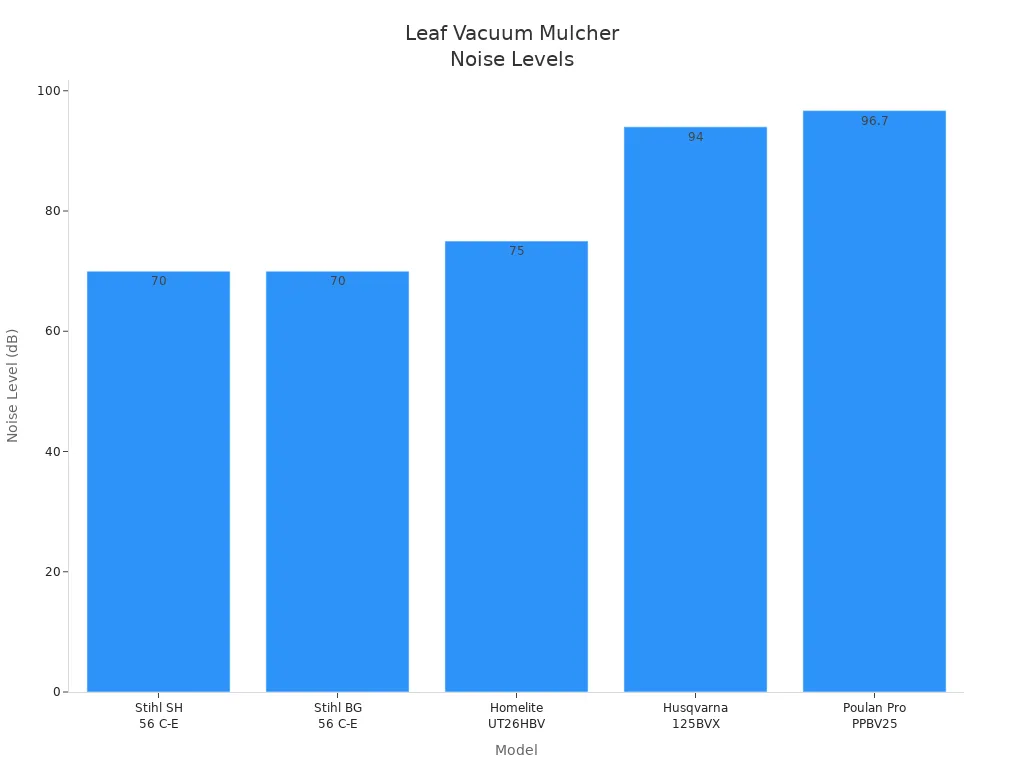
You protect your hearing and keep your neighbors happy with a quiet leaf vacuum.
Best for Wet Leaves
Wet leaves can clog many machines. The Billy Goat KV600 Lawn and Litter Vacuum stands out for wet leaf collection. This gas-powered, walk-behind model picks up both wet and dry leaves with ease. The felt collection bag needs a break-in period, but you get strong suction and reliable performance. Most leaf vacuums struggle with wet leaves, but the Billy Goat KV600 passes every test.
Tip: For the best leaf vacuum results on wet leaves, choose a model with strong suction and a large, sturdy bag.
Using Your Leaf Vacuum
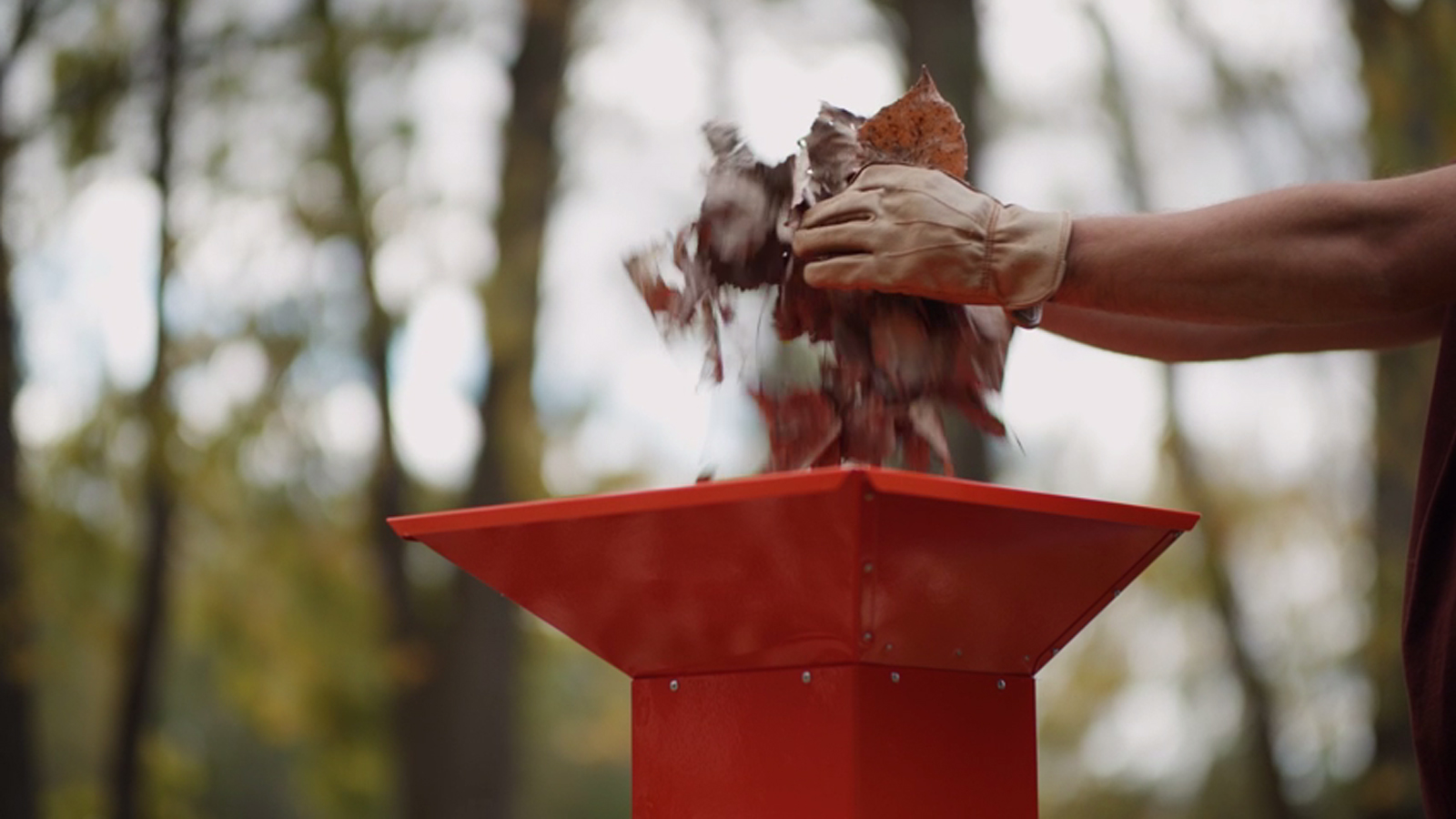
Safe Operation
You should always use your leaf vacuum mulcher with care. Safety comes first when you work with machines that have fast-moving blades. Here are some important steps to follow:
Never put your hands into the leaf mulcher while it is running. This helps you avoid injury.
Disconnect the power source before you clear any clogs. This step keeps you safe from sudden starts.
Wear eye protection to shield your eyes from dust and flying debris.
Use a mask to protect your lungs from dust that the machine creates.
Wear ear plugs or hearing protection, especially if you use a loud gas-powered model.
Keep children and pets away from the work area.
Always read the manual before your first use.
Remember: Good safety habits help you avoid accidents and keep your yard work stress-free.
Cleaning & Storage
Proper cleaning and storage help your leaf vacuum last longer and work better. Follow these steps after each use:
1. Clean the machine. Remove grass clippings, dirt, and debris from the deck, blades, and undercarriage. This prevents rust and keeps the parts in good shape. 2. Drain the fuel. Run the machine until the fuel tank is empty or add a fuel stabilizer. This step stops fuel from going bad and keeps the carburetor clean. 3. Change the oil. Fresh oil removes dirt and helps the engine start easily next time. 4. Replace the spark plug. A new spark plug gives you better performance. 5. Clean or replace the air filter. This helps the engine breathe and run smoothly. 6. Lubricate moving parts. Oil the blades and bearings to stop rust and keep everything moving well. 7. Store the vacuum in a dry, sheltered place. Cover it to protect from dust and moisture.
These steps keep your leaf vacuum mulcher ready for the next season.
Maintenance Tips
Regular maintenance makes your leaf vacuum mulcher last longer and work better. Check the screws, nuts, and bolts to keep the machine strong. Clean the cooling fan to stop the engine from overheating. For battery models, use the right charger and keep the terminals clean. For gas models, check the fuel system for leaks and clean the carburetor. Always wear protective gear when you do maintenance.
If you follow these tips, you will spend less time fixing your machine and more time enjoying a clean yard.
When you choose a leaf vacuum mulcher, focus on these key points:
Yard size and layout
Comfort, weight, and ease of use
Your budget and maintenance needs
Using a checklist helps you match features to your yard’s needs and avoid guesswork. Take time to assess your yard and cleaning habits. The right tool makes yard work easier and more efficient.
FAQ
How often should you empty the collection bag?
You should empty the collection bag when it feels full or heavy. If you notice a drop in suction, check the bag. Wet leaves fill the bag faster. Regularly emptying the bag helps your machine work better.
Can you use a leaf vacuum mulcher on wet leaves?
You can use some models on wet leaves, but not all. Wet leaves may clog the machine or reduce suction. Choose a powerful gas or heavy-duty electric model for wet leaves. Always check your manual for best results.
What safety gear should you wear when using a leaf vacuum mulcher?
Wear safety glasses to protect your eyes. Use ear protection for loud machines. A dust mask helps you avoid breathing in dust. Gloves protect your hands from sharp debris. Closed-toe shoes keep your feet safe.
How do you maintain a leaf vacuum mulcher?
Clean the intake and bag after each use. Check for loose screws or worn parts. For gas models, use fresh fuel and clean the filter. Charge batteries for cordless models. Store your machine in a dry place.
Can a leaf vacuum mulcher pick up small twigs and pine needles?
Most leaf vacuum mulchers can handle small twigs and pine needles. Metal blades work better for twigs. Plastic strings are safer for pine needles. Avoid large branches, as they may damage the machine.


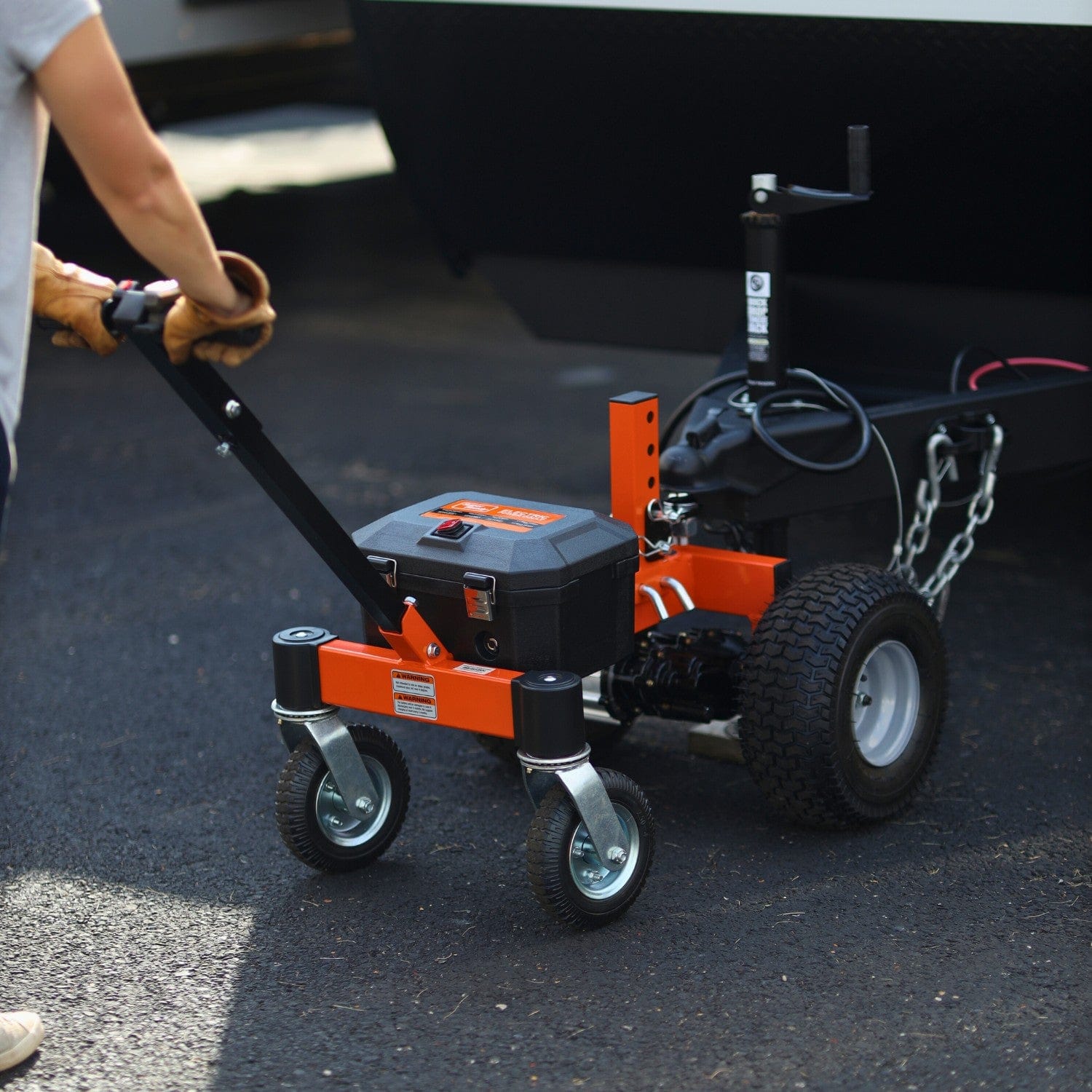
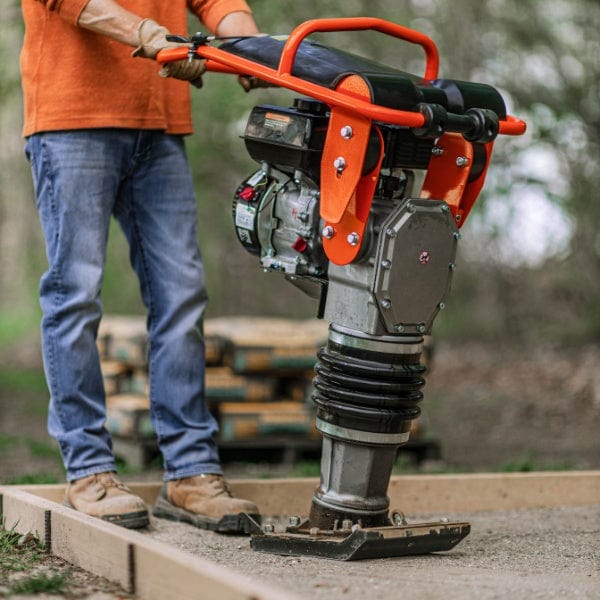
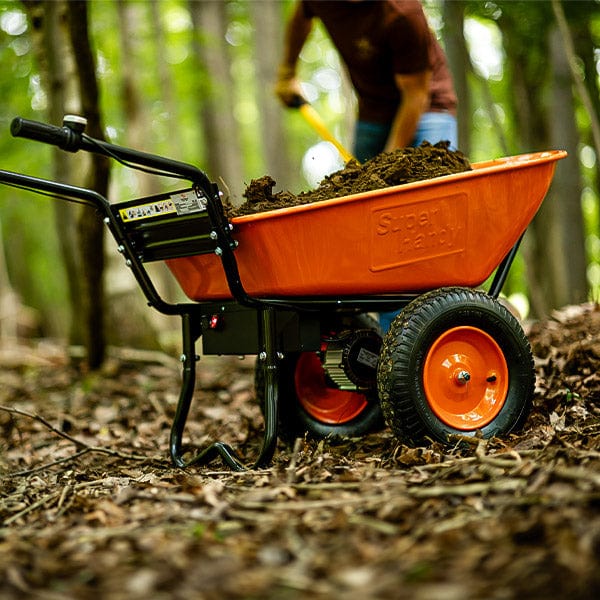


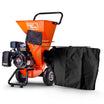
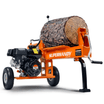
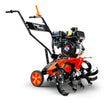
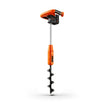
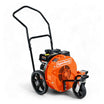
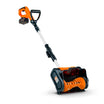
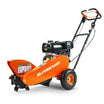
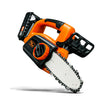
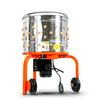
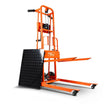
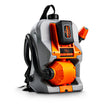
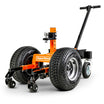
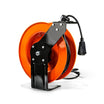
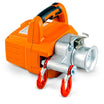
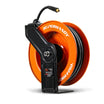
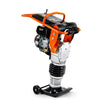
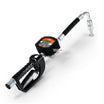
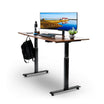
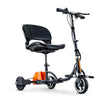
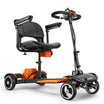
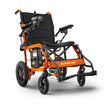
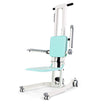

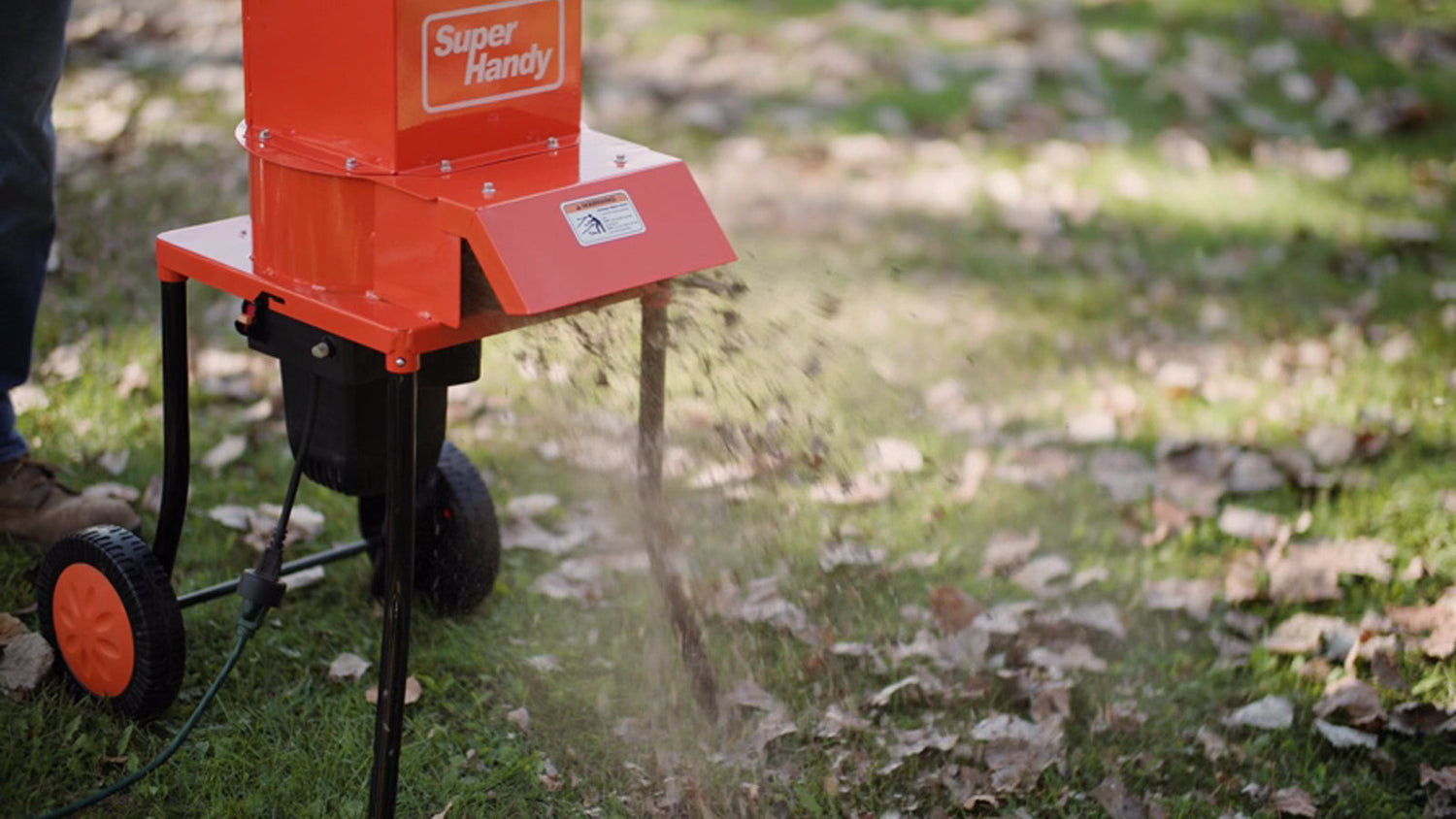
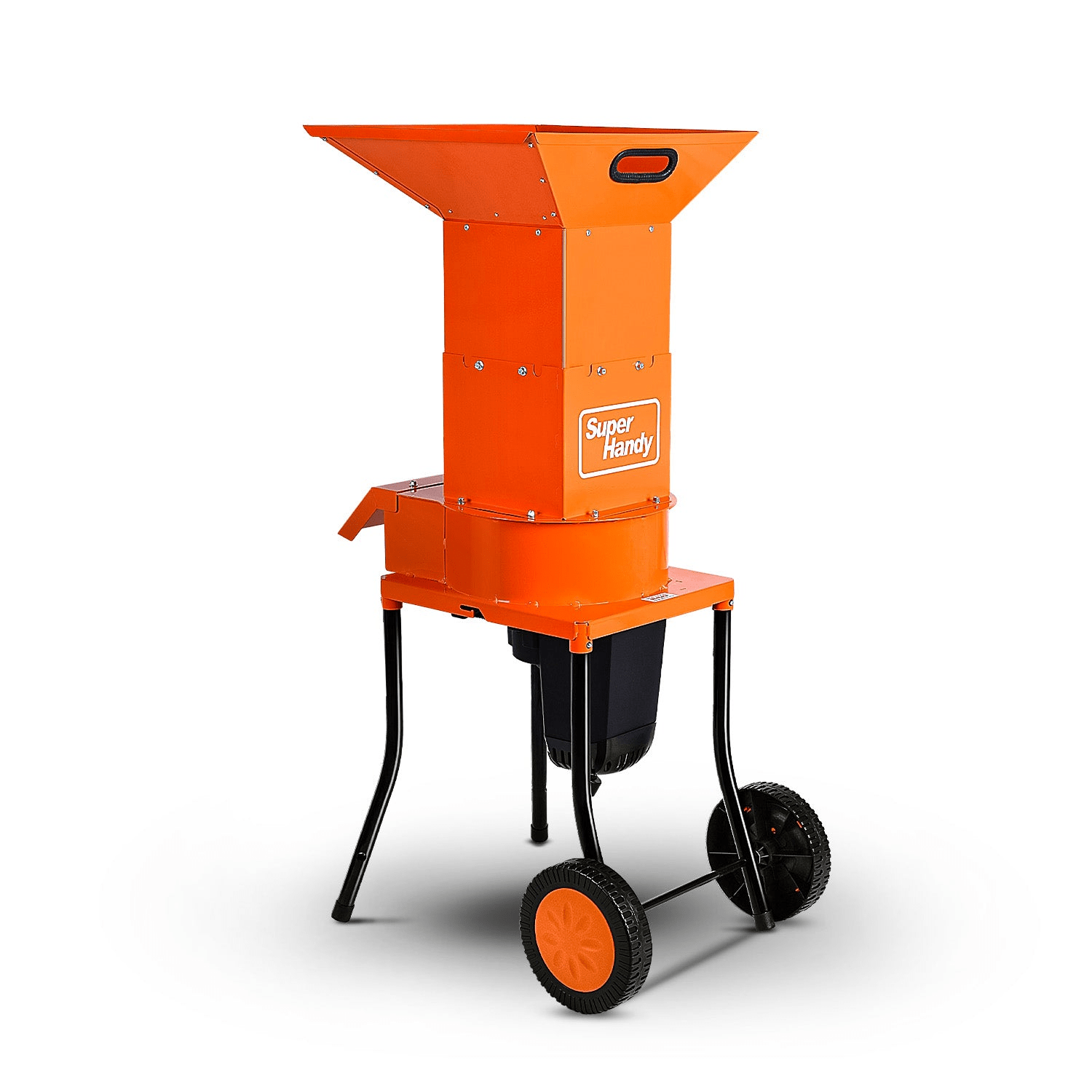
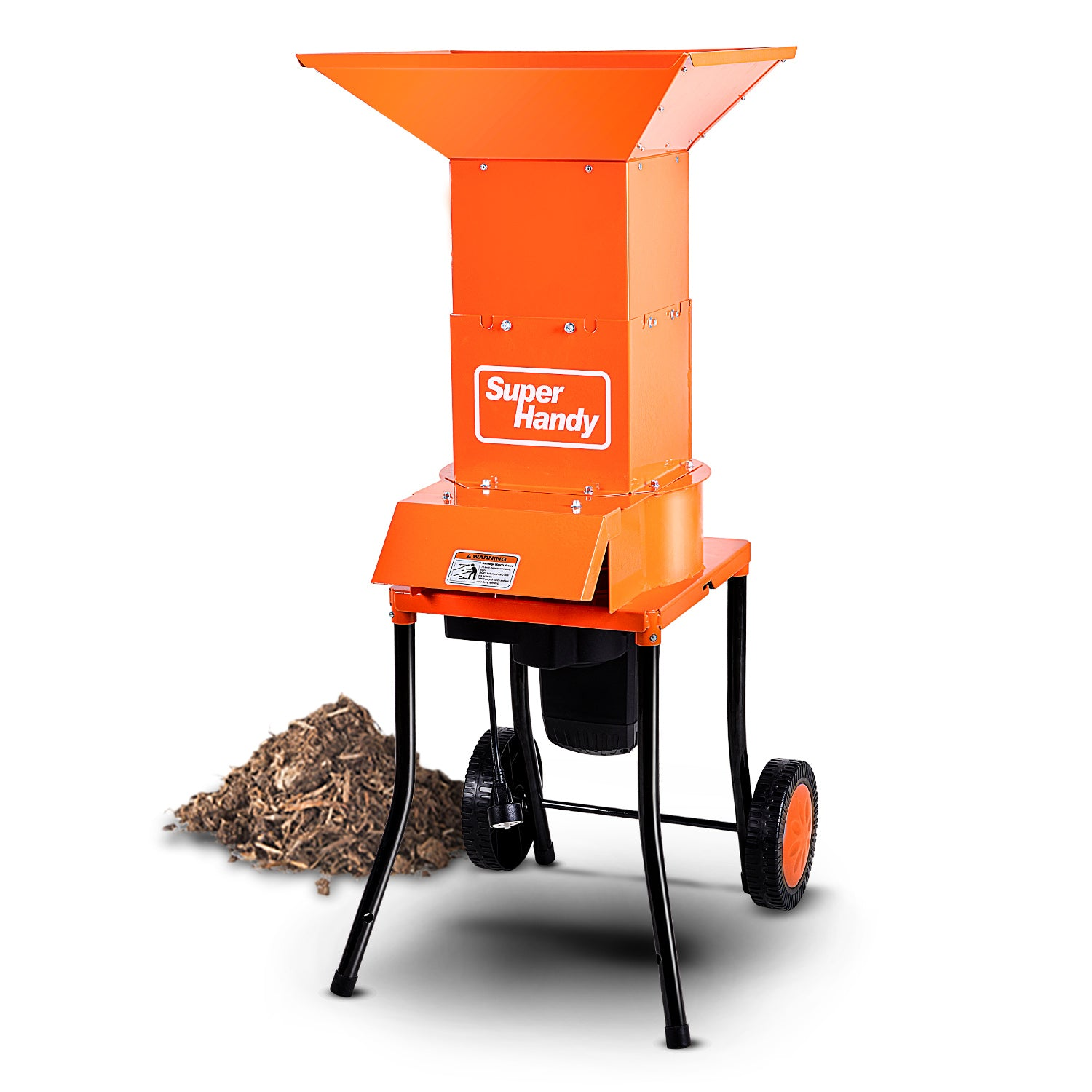
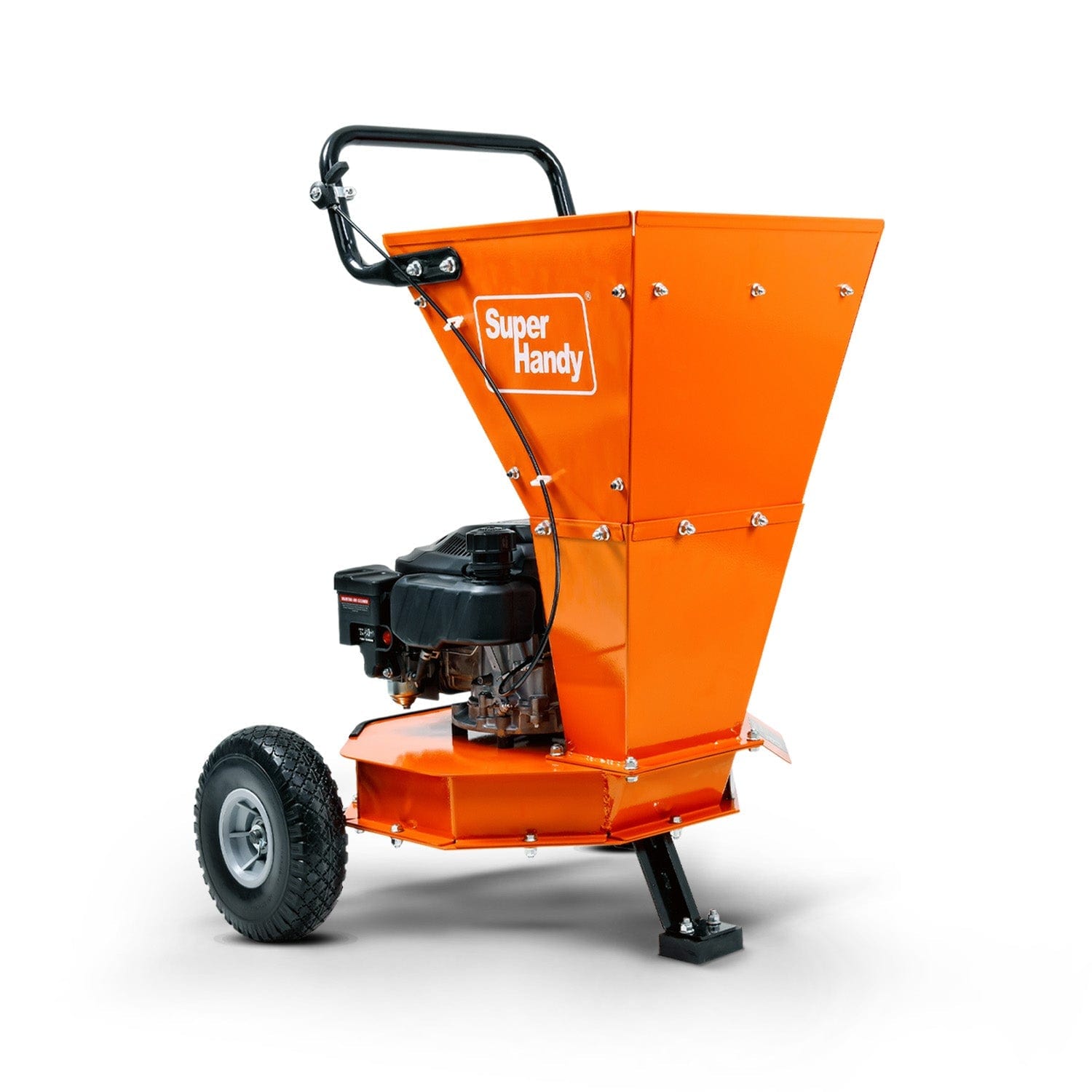
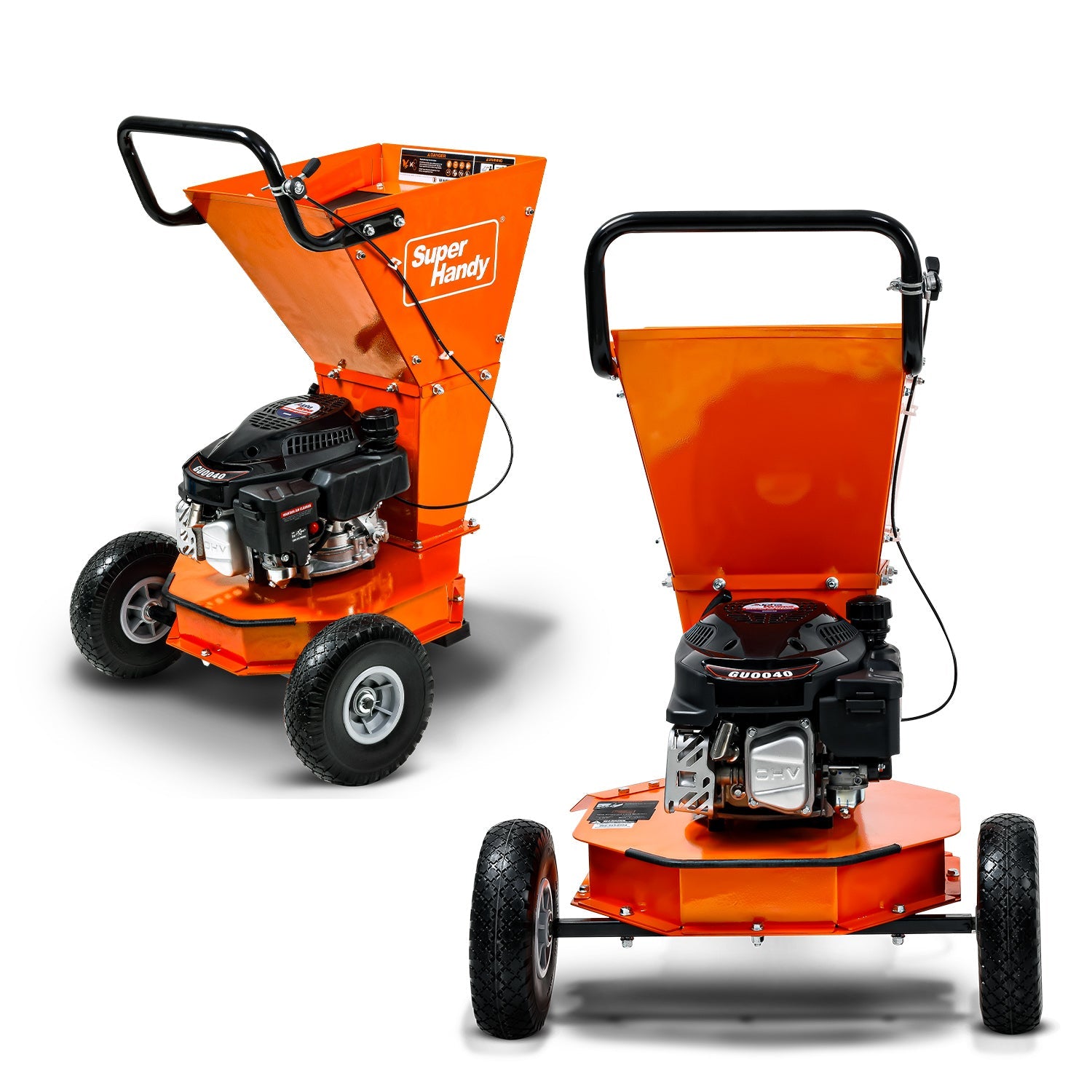
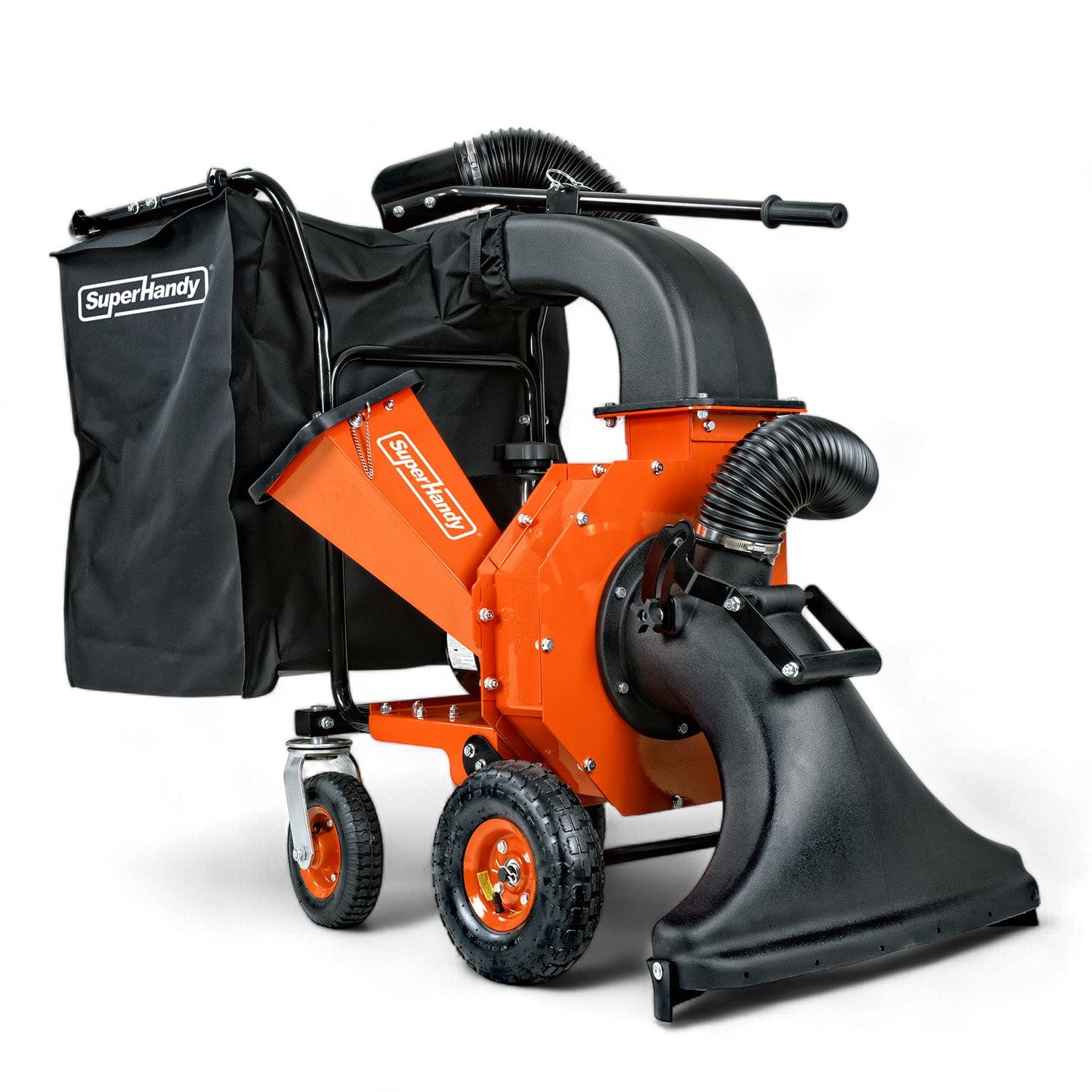
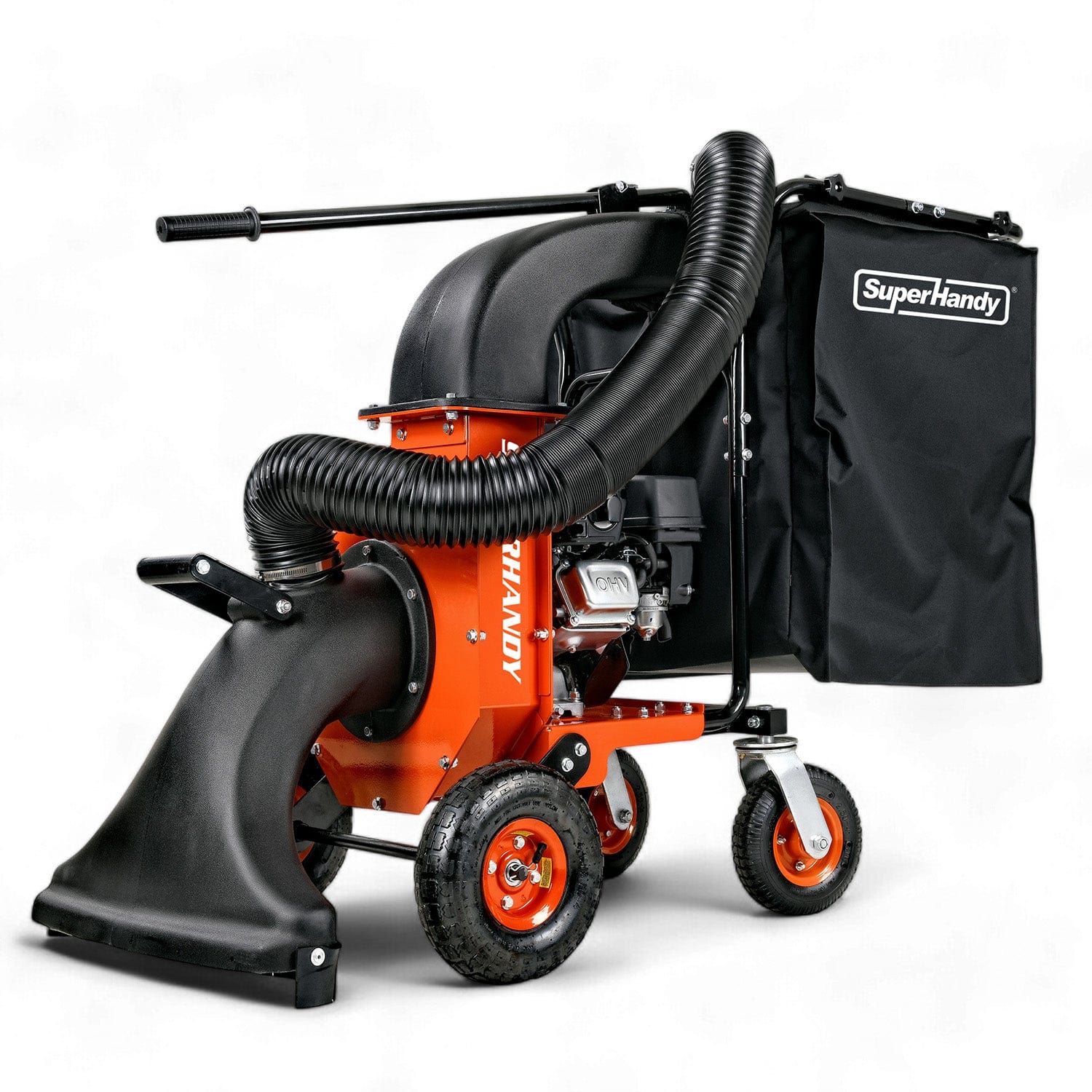
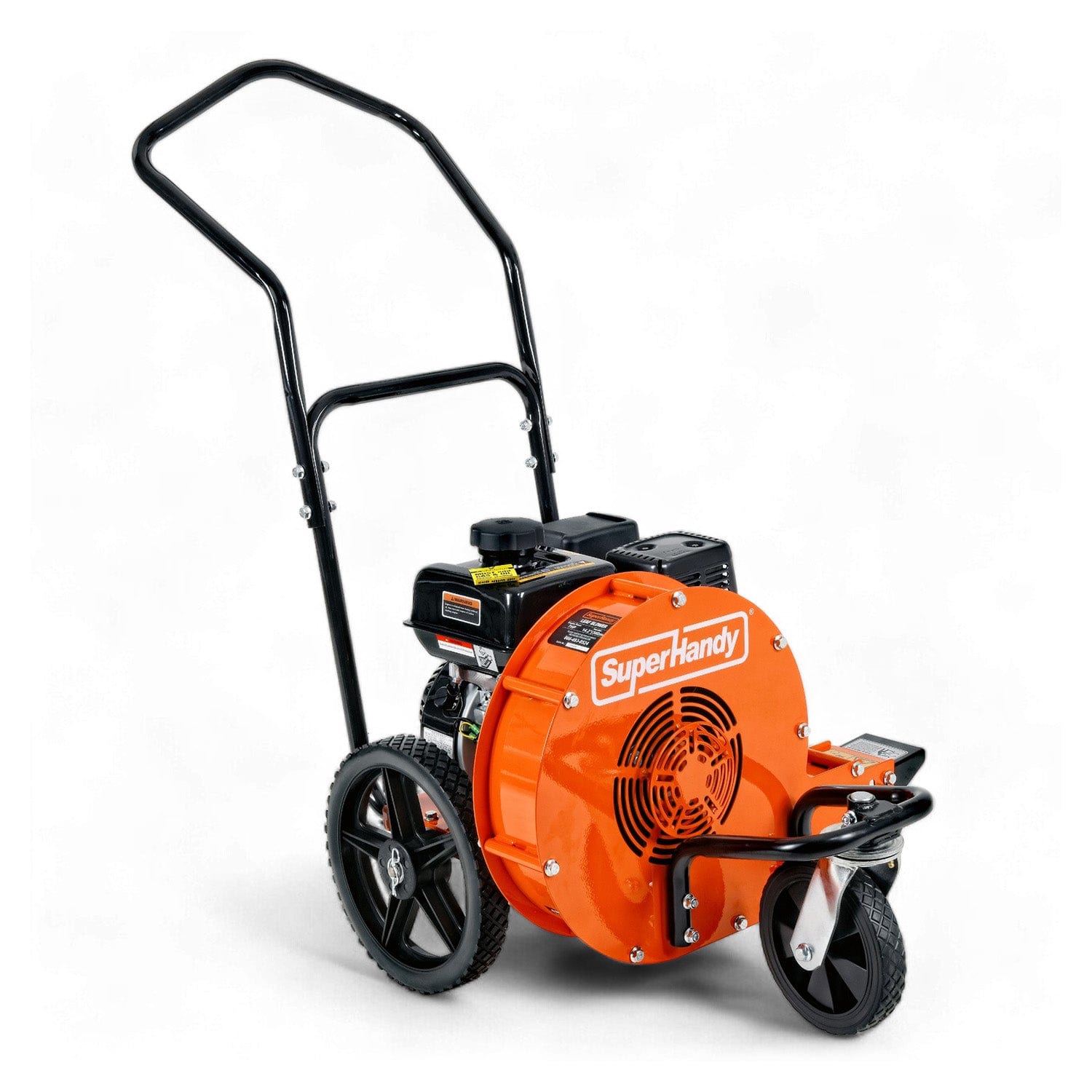
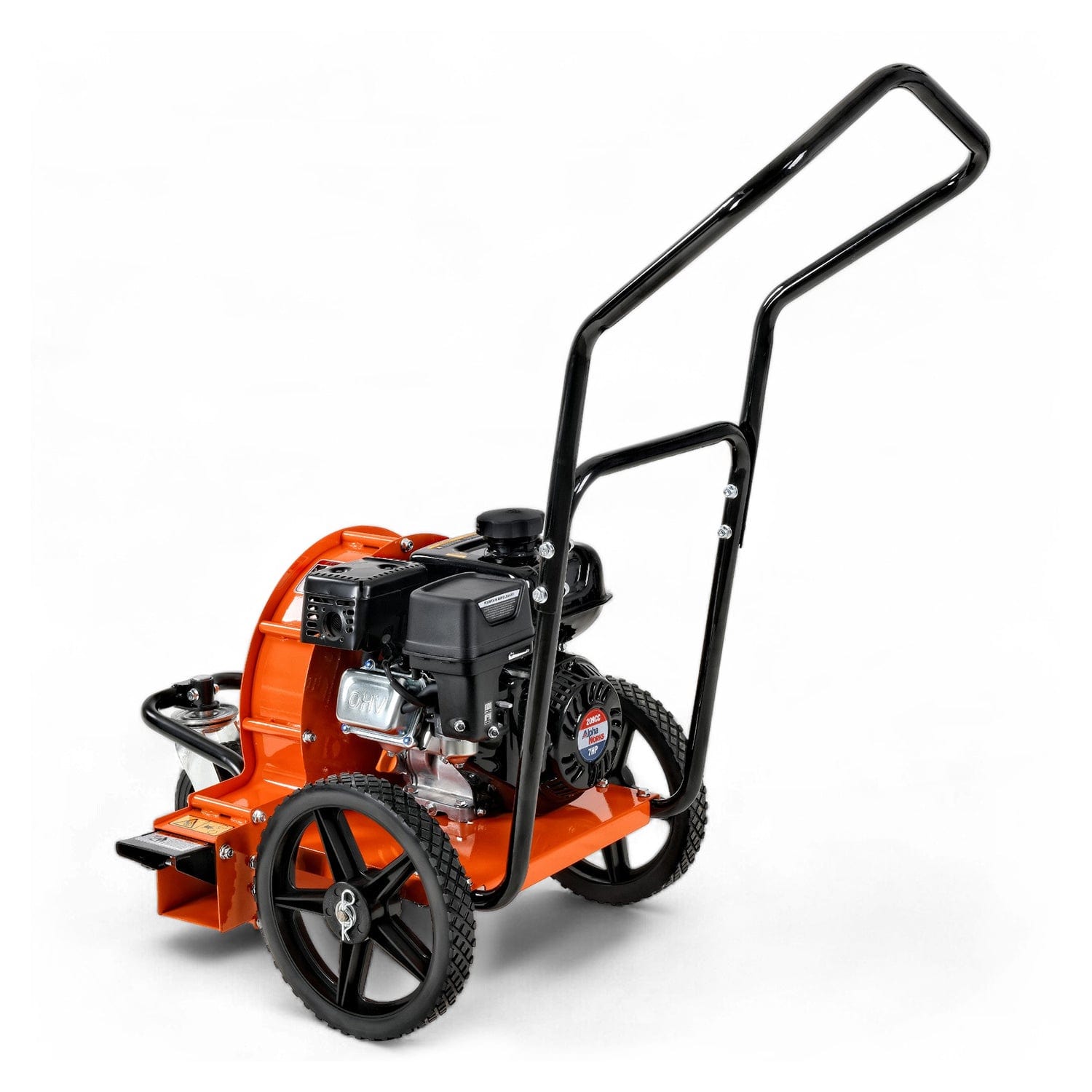
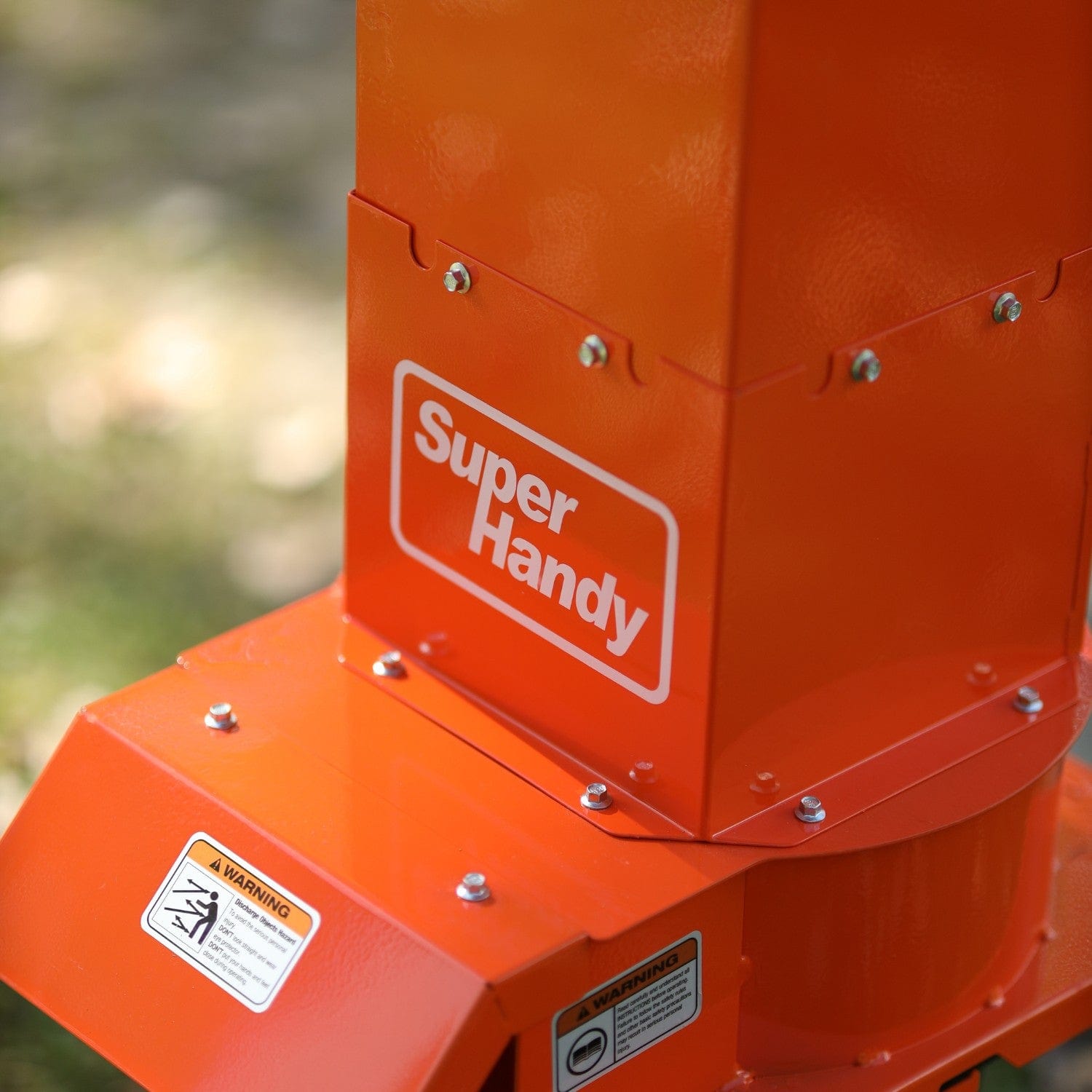
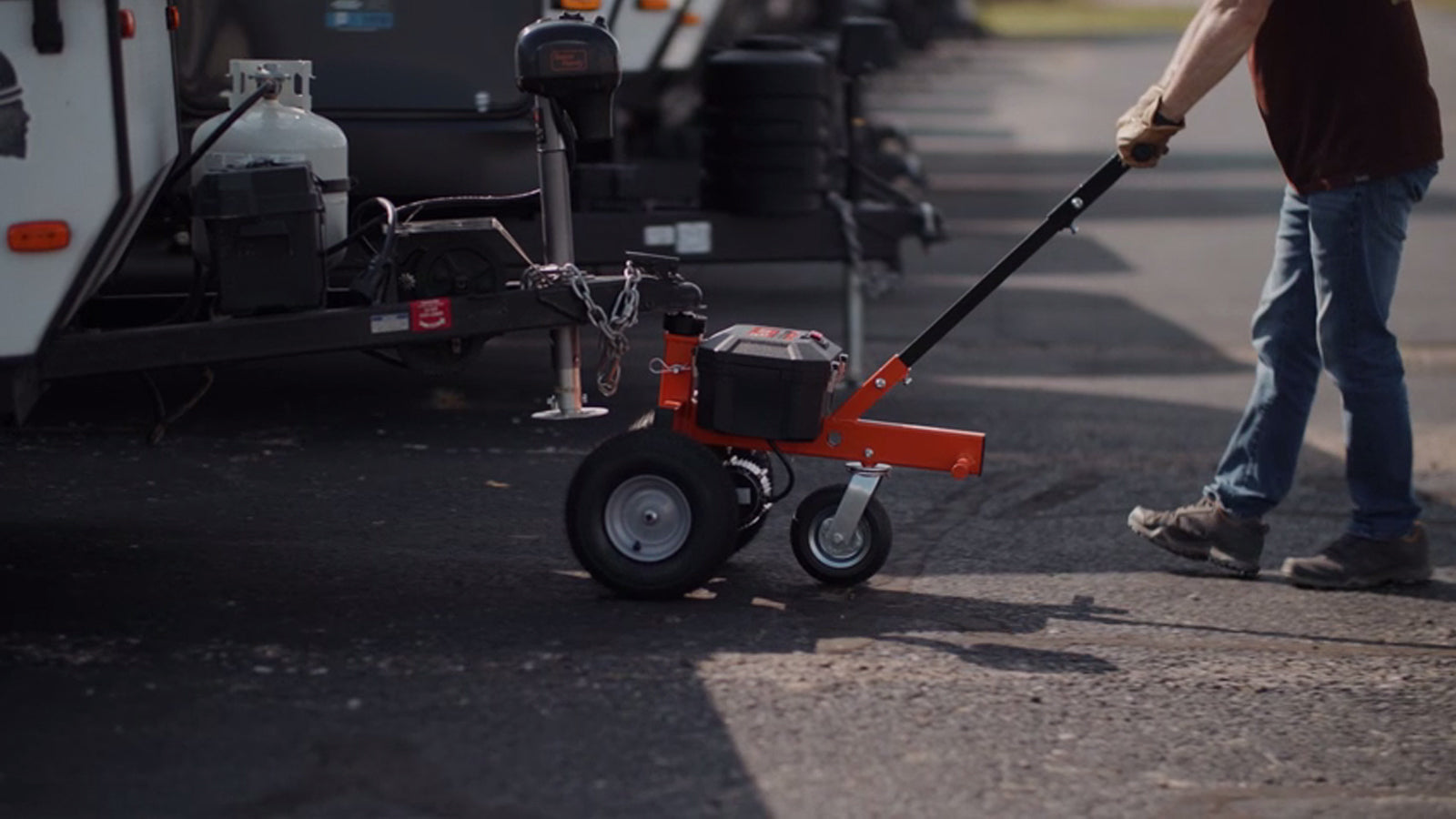
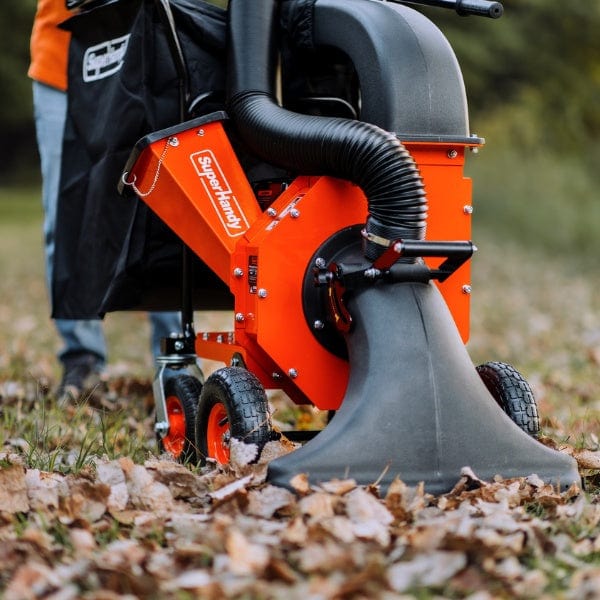
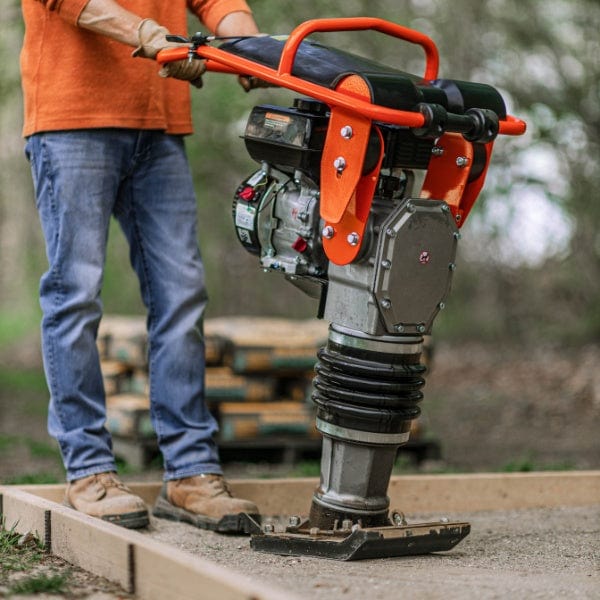

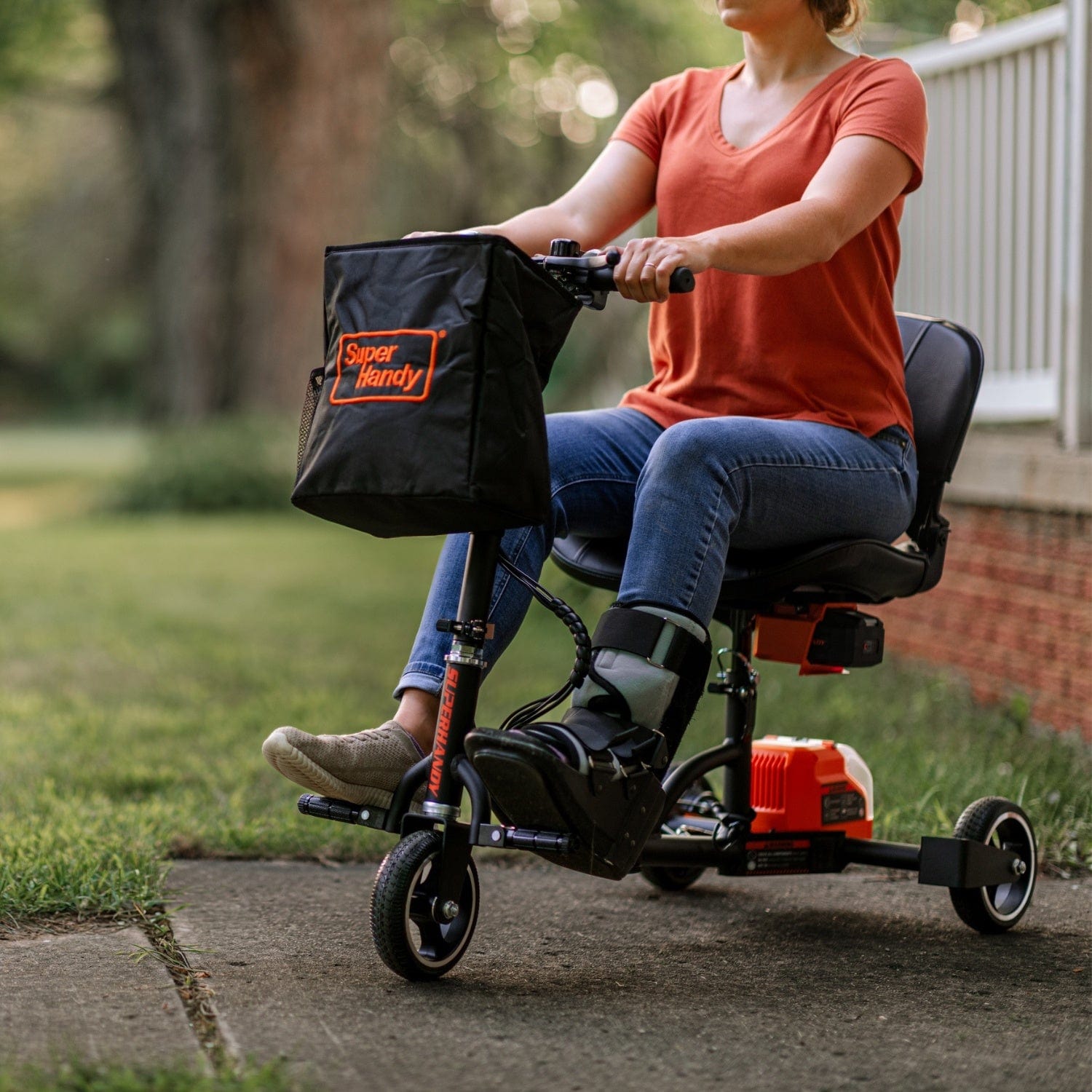
Leave a comment
All comments are moderated before being published.
This site is protected by hCaptcha and the hCaptcha Privacy Policy and Terms of Service apply.